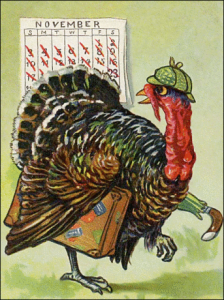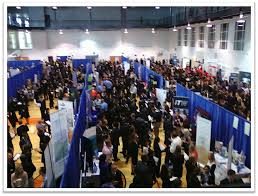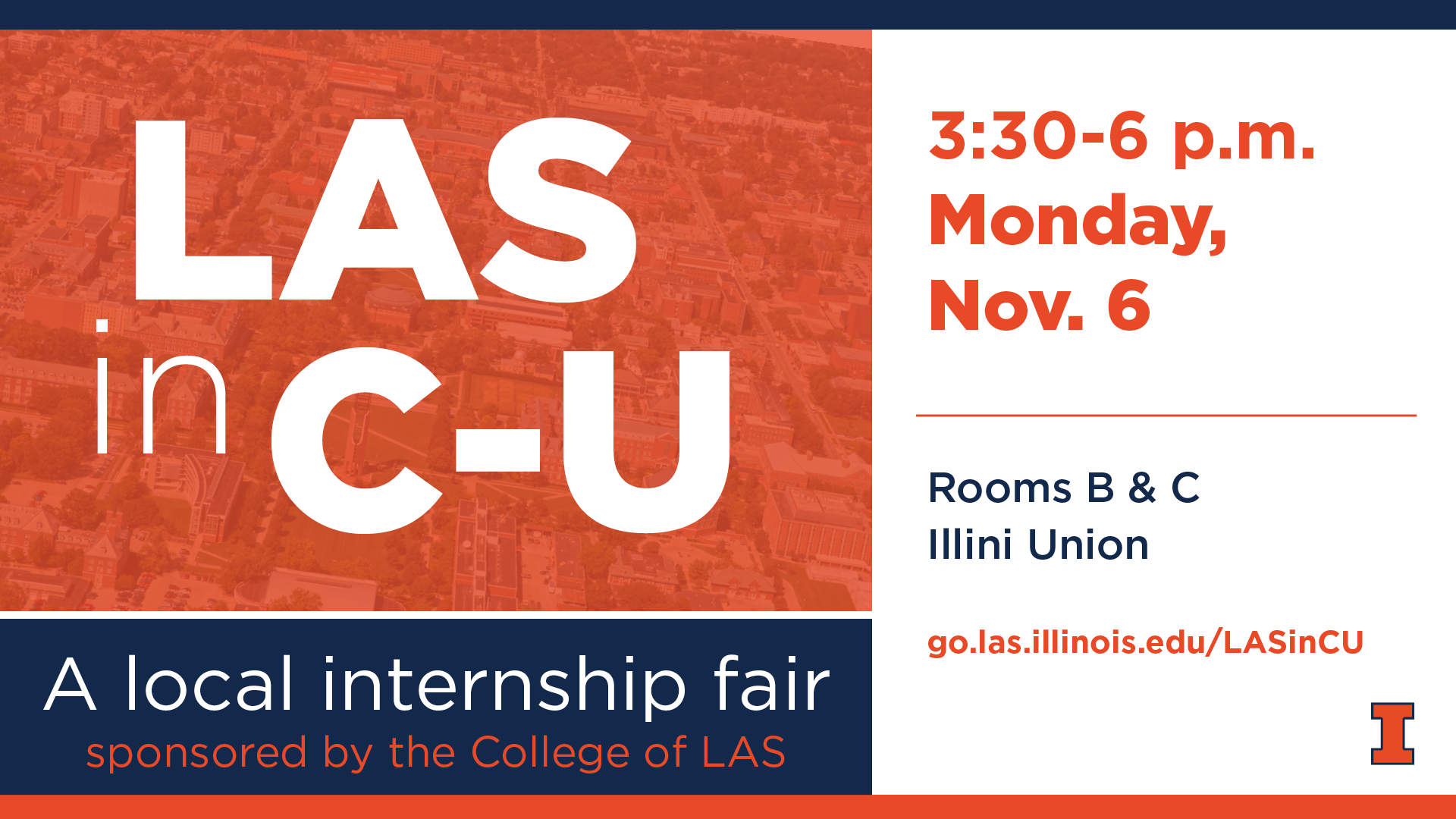
You may find yourself and your post-graduation plans becoming part of the menu when family and friends gather for festive meals during the holiday season
Don’t stress about it — prepare!
By majoring in English or Creative Writing — or just by picking one as a minor — you have positioned yourself for success after graduation.
Here are some resources to help you talk to the people who love you about your prospects and plans.
“English/Creative writing majors don’t get jobs — maybe you should switch to something more practical.”
Just wrong. Wrong in general, but also specifically wrong for the University of illinois. Read the data, know the numbers. Save the links on your phone to show the disbelieving. Need more talking points? Try this, this, this, or this.
“So YOU say. What do business people, tech people say?”

“So you’re going to teach, right? Or maybe go into publishing? What else do people do with a BA like that?”
Some English or Creative Writing majors do go into teaching, or publishing, Many do not. Every business, organization, industry needs people who can solve problems with words. You have choices to make about where to use your skills. Take some time to browse this very blog for additional information on jobs that English majors do. Some possibilities include human resources, advancement/nonprofit fundraising, communication, business consulting, science journalism, running small businesses, legal writing, project management, book publishing, video editing, science editing, project operations, PR and digital marketing, librarianship, B2B publishing, entrepreneurship, content creation, higher ed administration, manufacturing, events coordination, sales management, management training, and real estate development.
“You’ll have to go to grad school to get a job, won’t you? What grad school are you thinking about?”
Well, no — you don’t need to go to law school or get a master’s degree to be employed — but you may want to get more education to achieve specific goals. “Grad school” doesn’t have to mean further education leading to a teaching or law career — recent alumni have chosen to get degrees in human resources, information/library science, medicine, nursing, bioinformatics, MBAs, MSWs. Read up on your options, and know what you want.
“Hmph. Okay. But you’re graduating in____, right? So what’s your plan?”
There are many things you can do to reassure the people who care about you that you’re on your way to a stable, self-supporting adult life. Don’t have a specific career in mind yet? That’s okay — you can take concrete steps now that will help you get a job when you graduate. Breaks are a great time to focus on your future.
- Find time to go to the LAS Life + Career Design Lab
- Sign up for a course that will give you some professional skills:
- Publishing and Editing (ENGL 199 – F&G, 2:00 – 3:15pm MW, 1025 Lincoln Hall, Prof. Hapke, CRN: 67795, 3 credits)
- Writing for Money (ENGL 380, 11am -12:15pm TR, 61 English Building, Prof. Prendergast, CRN: 59085, 3 credits)
- Environmental Writing for Publication (ENGL 498, 12:30 – 1:50pm TR, 164 Noyes Laboratory, Prof. Wood, CRN 67479, 3 credits)
- apply for a spring or summer internship.
- find a part-time job that will help build your skills.
- create or update your resume
- get to know Handshake and start checking it regularly to learn more about the kinds of jobs you’d like to apply for. (Pro-tip: use the job function filter to explore the opportunities in different potential careers. “Writing/Editing” is an obvious one to try — but certainly not the only one available to you.)
- get involved in a campus publication
- register for a career preparation course:
- Career Fair Preparation (ENGL 199 – CIP, online, Prof. WIlcox, eight weeks, one credit, Jan 16 – Mar. 18, CRN: 31940),
- Career Planning for Humanities Majors — freshmen and sophomores (ENGL 199 – FS, 4:00 – 5:30pm W, 104 EB, Prof. Wilcox, eight weeks, one credit, Mar. 12 – May 2, CRN: 39025)
- Career Planning for Humanities Majors — juniors and seniors (ENGL 199 – JS, 4:00 – 5:30 Thurs., 119 EB, Prof. Wilcox, eight weeks, one credit, Mar. 12 – May 2, CRN: 67456)
- schedule an appointment to talk to Kirstin Wilcox, Director of Internships by calling 333-4346.
- find some upcoming Career Center events that will be helpful to you and put them on your calendar.
- follow up on contacts your family has suggested to you.
- find an alumni mentor
- practice your elevator pitch, get your professional attire, and research employers to get ready for the Business Career Fair.
“<changes subject>”
Take some time to remind yourself why you got into this major in the first place. Spend time with a book you want to read and haven’t been assigned. Write a poem. Make a trip to the nearest independent or used bookstore. Storyboard your screenplay or graphic novel ideas. Geek out by surfing Open Culture, Paris Review, LA Review of Books. Watch a movie with some intellectual heft to it. Send an email to the teacher who first got you excited about words. Let yourself get lost in the sheer joy of language.
 Know that not only is the fair open to all majors, but many employers come hoping to meet majors from all over the university. If you’re inclined to go, you should go. If you’re not sure whether you’re inclined or not (you’re unsure about whether “business” is for you), you should go–talking to employers is a great way to find out.
Know that not only is the fair open to all majors, but many employers come hoping to meet majors from all over the university. If you’re inclined to go, you should go. If you’re not sure whether you’re inclined or not (you’re unsure about whether “business” is for you), you should go–talking to employers is a great way to find out.



